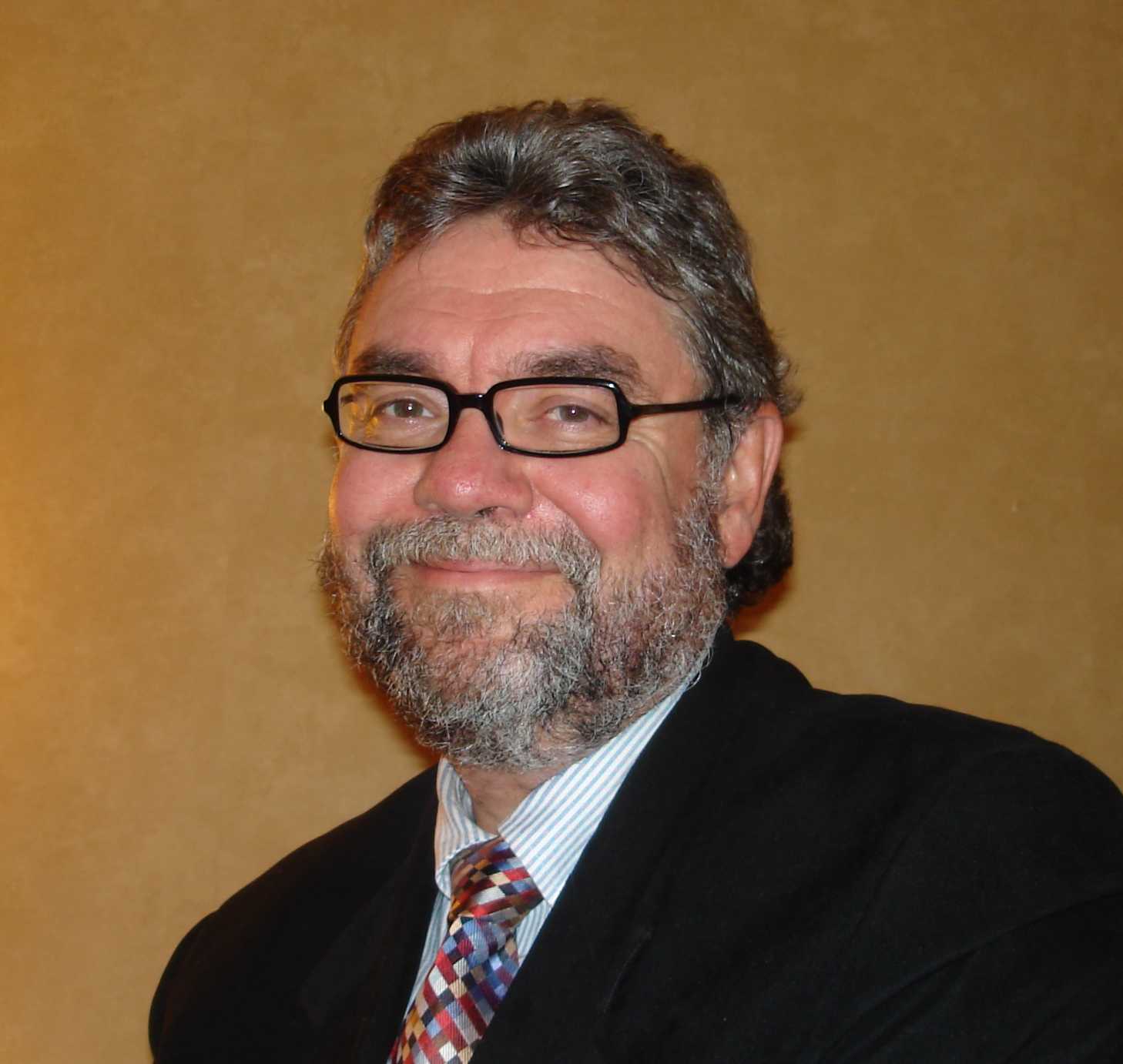|
2010 Pre-conference Workshops
Thursday, September 9, 2010, Waikiki Prince Kuhio Hotel
A. Participatory Evaluation Up Close by Brad Cousins
 This workshop will consider connections between the theory and practice of participatory evaluation and the promise and potential of research on participatory approaches. Two streams, practical and transformative participatory evaluation, will be differentiated and consideration will be given to important process dimensions. In addition to practical, illustrative examples, a tentative agenda for ongoing research will be discussed.
This workshop will consider connections between the theory and practice of participatory evaluation and the promise and potential of research on participatory approaches. Two streams, practical and transformative participatory evaluation, will be differentiated and consideration will be given to important process dimensions. In addition to practical, illustrative examples, a tentative agenda for ongoing research will be discussed.
Brad Cousins is a professor in the Faculty of Education and Co-Director of the Centre for Research on Educational and Community Services at the University of Ottawa. He was the 2008 recipient of the Paul F. Lazarsfeld Award for theory in evaluation. The award, presented by the American Evaluation Association (AEA), is given to an individual whose written work on evaluation theory has led to fruitful debates on the assumptions, goals and practices of evaluation. Cousins is internationally recognized for his research on evaluation utilization and participatory evaluation. Currently, with colleagues and students from education, management and psychology, he is working on a research program funded by the Social Sciences and Humanities Research Council of Canada, which focuses on understanding organizational capacity to do and use evaluation. He recently published with co-editor Katheryn Ryan the Sage International Handbook of Educational Evaluation and has been Editor-in-chief of the Canadian Journal of Program Evaluation since 2002.
B. Case Studies, Causality, and Hawaiian Connections by Lois-ellin Datta
 Case studies, when properly carried out, are the multipurpose tools of evaluation. In the past ten years, leading evaluation journals have published over 388 articles involving case studies; the U.S. General Accountability Office in 2004 shone the spotlight on 35 case study evaluations; they are part of Leviton et al.'s 2010 SSA methodology; and books such as Yin's "Case Study Research" are best-sellers.
Case studies, when properly carried out, are the multipurpose tools of evaluation. In the past ten years, leading evaluation journals have published over 388 articles involving case studies; the U.S. General Accountability Office in 2004 shone the spotlight on 35 case study evaluations; they are part of Leviton et al.'s 2010 SSA methodology; and books such as Yin's "Case Study Research" are best-sellers.
Carrying out case studies properly is the catch. Some case studies meet the considerable methodological requirements for credibility; many do not. Participants in this workshop will learn to
- identify the seven major kinds of case studies and understand when each is appropriate;
- carry out the methodological requirements for credible case studies including instance selection, data collection essential for in-depth understanding, and additive analytic techniques for establishing attribution and causality;
- use case studies in mixed methods for design efficiency including hypothesis generation, confirmation, and generalization; and
- when not to use case studies, including issues of evaluator competencies, direct costs, time requirements, and case study limitations.
The workshop will invite discussion of the possible complimentarity of "Western" case study methods and indigenous epistemology or ways of knowing, particularly the warrants through which understanding and connectedness are established. How can indigenous ways of knowing strengthen case study methods, and vice versa, and may these be particularly appropriate for Hawaii-Pacific Rim evaluators to have in their keti?
Lois-ellin Datta is an international consultant and President of Datta Analysis. She has served as Post-doctoral Fellow at the Bethesda National Institutes of Health, Laboratory of Psychology; as National Director of Head Start Research and Evaluation for the Administration on Children and Families; as Director of Research on Teaching, Learning, and Assessment for the National Institute of Education; and as Director of Evaluation in the Human Service Areas for the U.S. General Accountability Office. A Past-President and Board Member of the American Evaluation Association and Editor-in-Chief of New Directions in Evaluation, Lois-ellin is on the Editorial Boards of the American Journal of Evaluation and New Directions in Evaluation. Author of three books and over 100 articles, Lois-ellin’s contributions to evaluation were profiled in the 2004 American Evaluation Association Journal. She began her scholarly life with a doctorate in Comparative and Physiological Psychology, studying maze learning in the earthworm, Lumbricus terrestris, earned a U.S. Coast Guard Captain's license (sail), and is back-to-the-'aina as a hands-on coffee farmer at Owl's Nest Farm in Captain Cook, Hawai'i. In Hawai'i, Lois-ellin has contributed to the development of the Maori-Hawaiian evaluation conference, to health and wellness indicators in her work with the Five Mountains Health Outcomes Project, and to evaluating the effectiveness of the Waikoloa 21st Century School in closing the achievement gap.


